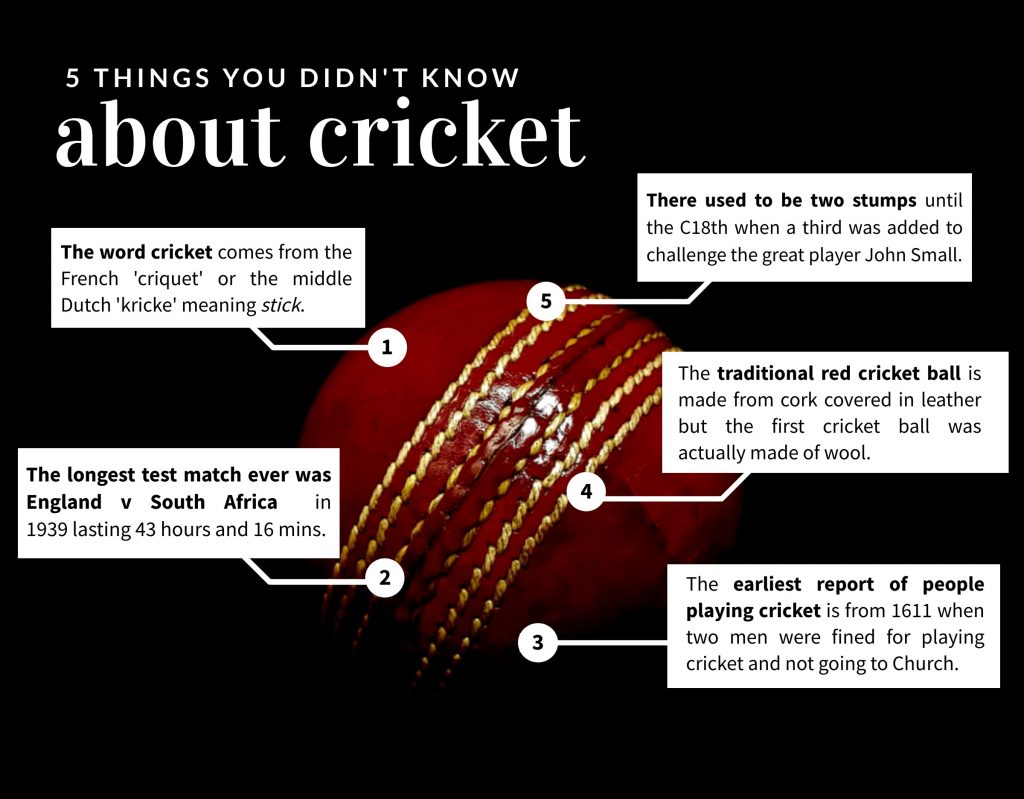The four-week pilot is open to refugees and asylum seekers of all ages and genders and aims to help improve their wellbeing and prospects.
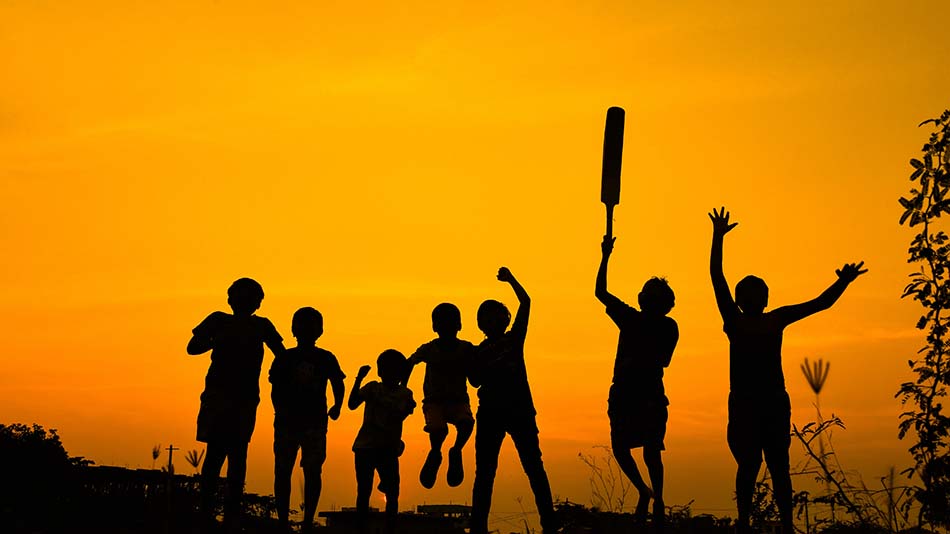
A cricket project is going to start this March to help asylum seekers and refugees integrate into their new communities in Cardiff.
Cricket Wales, Wicketz, Cardiff Council and Oasis have joined together to facilitate the four-week project where participants can meet new people, learn skills, improve their wellbeing and hopefully start to feel at home through sport.
Organiser Mat Salley said: “You can see it in their faces, mentally they’re torn but if you can get involved in sport it creates a bit of a team spirit.
Whilst they are asylum seekers, they haven’t got any recourse to funds. If you can develop that structure…they don’t have to hang round. They don’t get depressed.
There’s that massive aspect to their wellbeing.”
It starts on 18 March in Splott and it is open to people of all ages and genders.
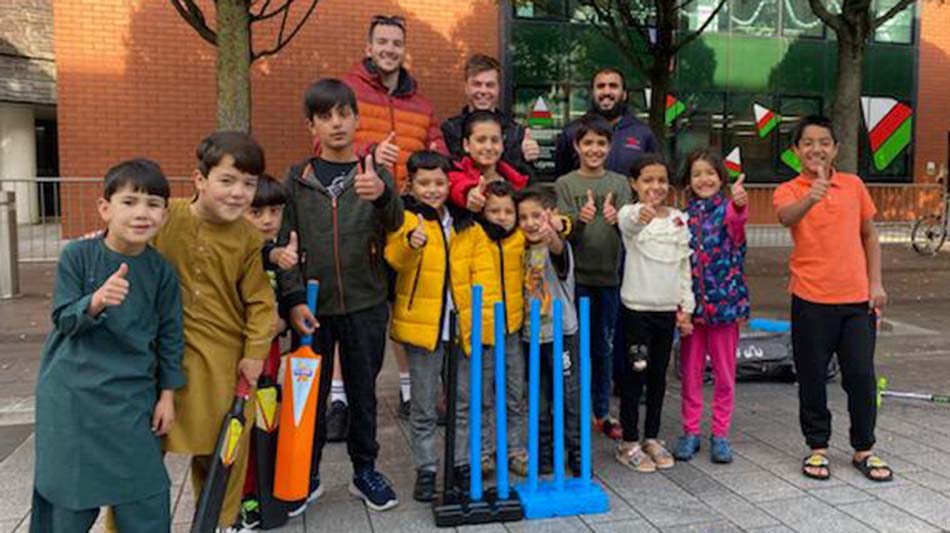
Mojeid Ilyas from Cardiff, who has been working as the Diversity Communities Development Officer for Cricket Wales for around a year, says that there are already 20 to 30 people expected to attend the first session.
It is mirrored on previous successes like the six-week summer programme run by the Urdd and Cricket Wales for refugees and asylum seekers last summer.
“It was brilliant,” said Mojeid about the summer programme. “We would go down there once a week on Tuesday mornings, and we’d still have 20 to 30 kids.
I think one session [it] was hailstones, but they just carried on playing.”
Mojeid believes the success is partly due to a familiarity with the sport as lots of the refugees come from places such as Afghanistan where cricket is popular. “Cricket is massive there,” said Mojeid. “It was almost quite natural.”
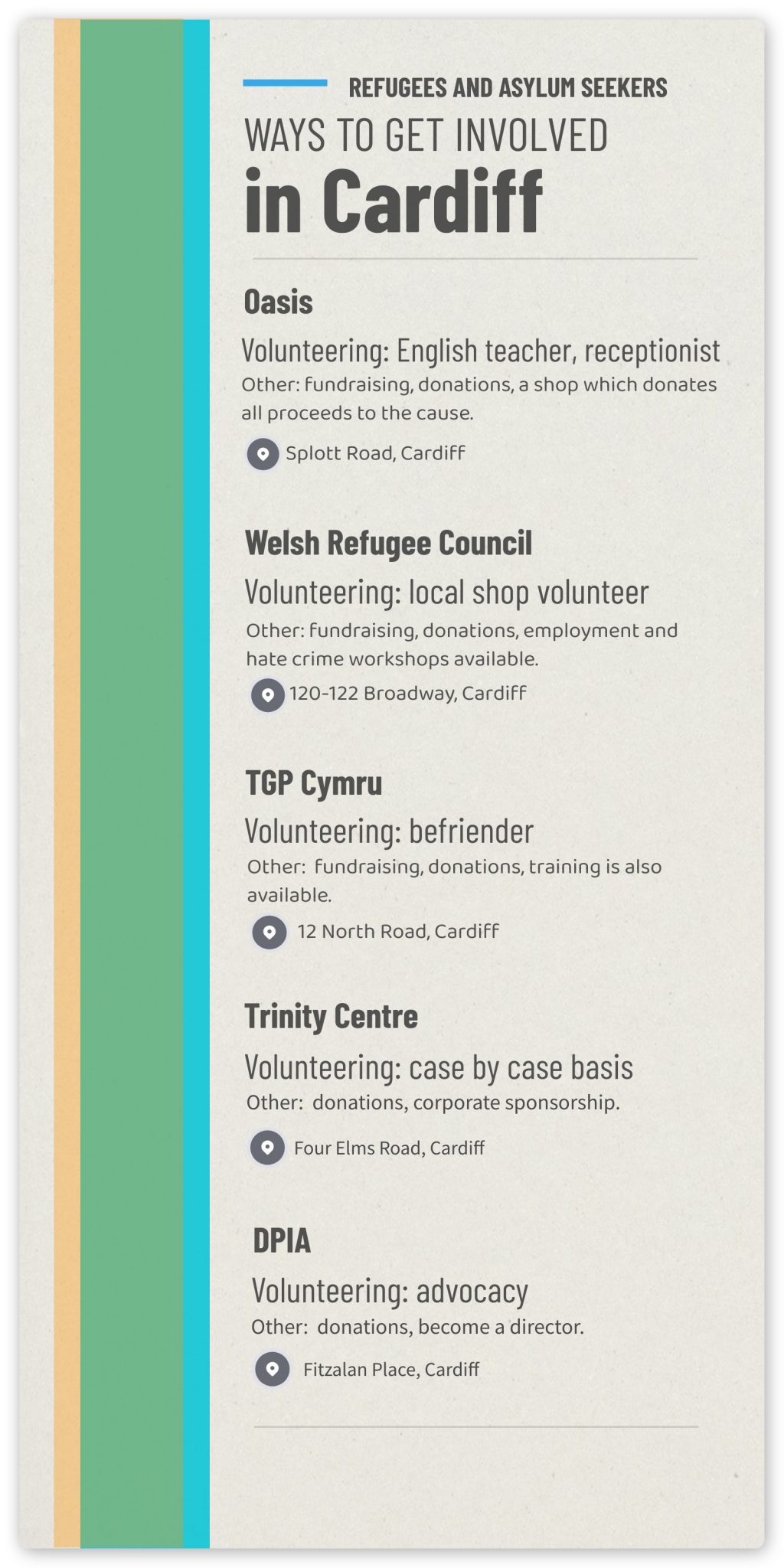
According to the UNCHR, in the year ending September 2021 there were 135,912 refugees in the UK and 83,489 pending asylum cases. People from Afghanistan were the second largest group of people applying for asylum in the UK.
Many have settled in Cardiff. “There’s quite a lot of Afghans who have settled in Cardiff, it’s one of the dispersible areas,” said Mat. “They’re being dispersed throughout the city and Wales.”
Tomos Barry, Development Officer of Wicketz, who is also involved in the project said it aims to break down boundaries. “It’s just giving them a nice introduction in a safe environment,” said Tomos.
“Sport has no language,” said Mat. “Their English, the culture, the work ethic, whatever it might be, they will learn far more from the communities. [Sport] further embeds them in the community, it’s not just sports for sports sake.”
It may also improve other skills, such as English language. “Within two weeks,” said Mat, “there are people coming back to us who didn’t have a word of English and all of a sudden, they have Cardiff accents.”
Programmes like this also have the ability to change bigger narratives. “Sometimes when the talk is about refugees and asylum seekers it can be a little bit negative,” said Mat. “[They] change the focus and the narratives.”
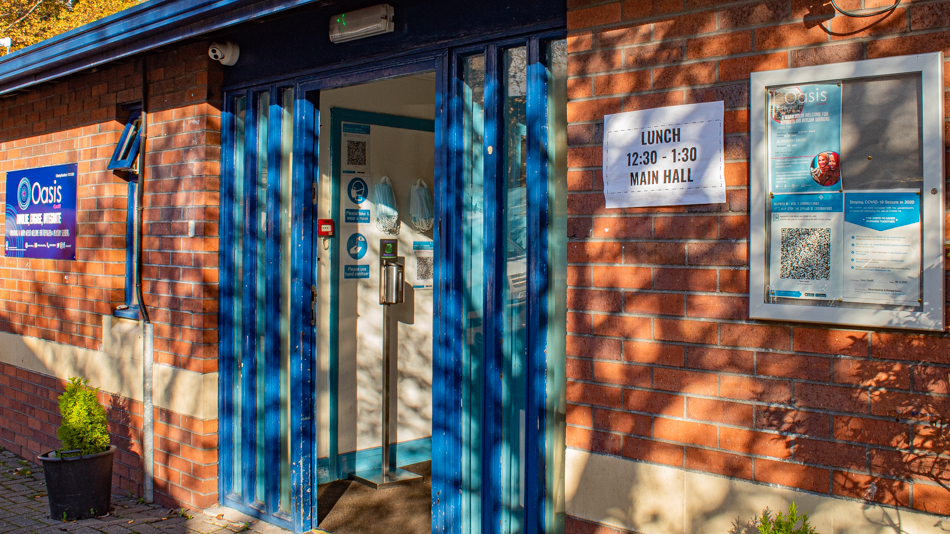
Cricket has faced its own negative narrative recently in the UK, with inquiries into institutionalised racism led by professional player Azeem Rafiq.
Mojeid, however, said: “In the last two years [Cricket Wales] has made massive strides in making cricket [a] more inclusive game”.
Tomos also spoke of the inclusivity of the game, “I know there’s a lot of stuff about institutionalised racism within sports in the UK coming out over the last few months,” said Tomos. “Growing up…[I] didn’t see much of that”.
For Mat, showcasing the talents of refugees and asylum seekers can really help to change people’s perceptions. “We’re saying to clubs in Cardiff these guys are skilled. There is a mutual benefit. You need players and they need to learn”.
The benefit for some clubs has been noticeable. Refugees and asylum seekers who started playing at Splott FC now make up most of the team, according to Mat.
The cricket project is initially running for four weeks but there is a hope that it will continue to be run by volunteers.
“It works,” said Mat, “Quite often a result for us is if we don’t see somebody again because what it often means is that they’re really engaged and integrated.
In terms of a learning outcome, it’s a massive win-win.”
